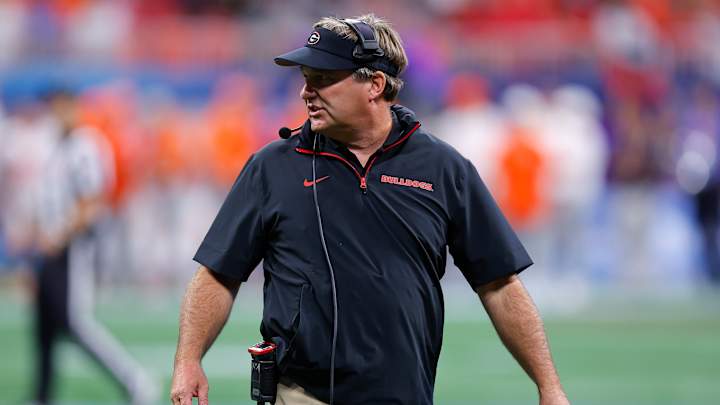Recent developments have cast a spotlight on the University of Georgia’s Name, Image, and Likeness (NIL) practices, raising concerns about the influence of financial incentives on student-athletes.
In a notable instance, Georgia quarterback Carson Beck faced criticism after acquiring a Lamborghini through an NIL deal. Fans expressed concerns that such high-profile endorsements might distract from on-field performance.
Additionally, Governor Brian Kemp’s executive order permitting Georgia schools to directly compensate athletes for their NIL has sparked debate. While intended to keep Georgia competitive in athlete recruitment, critics argue it could blur the lines between amateur and professional status in college sports.
These revelations have ignited discussions about the ethical implications of NIL deals and their potential impact on collegiate athletics. As the landscape of college sports continues to evolve, stakeholders are closely monitoring how such practices align with the core values of amateur competition.





















